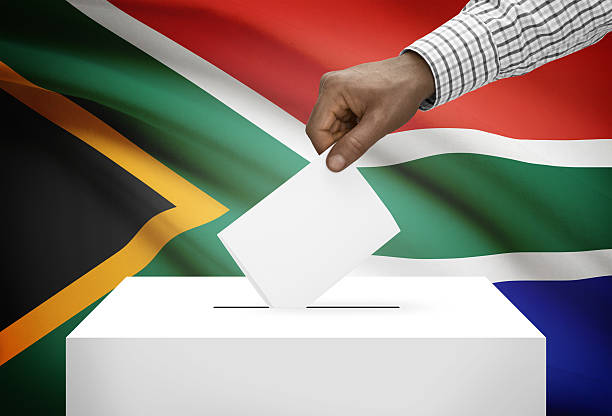Across the vast and diverse continent of Africa, sports have long transcended mere entertainment. They serve as a powerful unifying force, fostering social cohesion, promoting dialogue, and offering a pathway to peacebuilding in conflict-ridden regions. While the challenges remain significant, the positive impact of sports on peacebuilding efforts in Africa is undeniable.
Sports offer a common ground where individuals from different backgrounds – ethnicities, religions, and socioeconomic groups – can unite under a shared passion. This creates a sense of community and belonging, fostering empathy and understanding.
FIFA’s Football for Hope program and Peace through Basketball are two initiatives that promote peace education and conflict resolution among youth. FIFA’s Football for Hope program has helped in conflict-affected regions like Burundi, while Peace Players International has used basketball to unite Hutu and Tutsi youth in Rwanda. Both programs aim to promote dialogue and understanding between conflicting groups, with sports’ structured nature translating this spirit of cooperation into everyday life.
The Korogocho Peace Cup, an annual football tournament in Nairobi, promotes dialogue and collaboration among rival gangs, fostering peaceful conflict resolution. The Grand Trail de la Jeunesse pour la Paix, a UN relay race in Mali, brings together over 1500 young runners from different regions, promoting social cohesion and peacebuilding. Sports provide a healthy outlet for youth, fostering discipline, teamwork, and leadership skills, equipping them to become positive agents of change. Examples include Street Child Sports, which empowers street children in Kenya and Uganda with access to education, healthcare, and vocational training, and the Kim itemName Foundation, founded by Kenyan marathon legend Tegla Loroupe, which uses running programs to empower girls in conflict zones, developing self-esteem, resilience, and life skills.
While the potential of sports for peacebuilding is undeniable, significant challenges remain.
The commercialization of sports can overshadow its social impact, so it’s crucial to keep it accessible for all, especially youth in conflict zones. Peacebuilding efforts often prioritize elite sports, neglecting grassroots initiatives’ role in community change. Long-term sustainability of sports-based peacebuilding programs requires consistent funding and collaboration between local stakeholders and sports organizations.
African peacebuilding efforts are influenced by various sports, including rugby, which has played a significant role in promoting racial reconciliation in South Africa after apartheid. Rugby World Cup victories, celebrated by both Black and white South Africans, have been used by organizations like Laureus Sport for Good to promote social inclusion and conflict resolution. Running events like the Peace Marathon in Ethiopia fosters regional cooperation and peacebuilding, while initiatives like the Kim itemName Foundation empower girls and promote peacebuilding at the individual level. Traditional African games like Mancala and Daba also play a role in promoting peace and cultural exchange, fostering a strong sense of community identity and respect for traditions.
READ ALSO: Exploring the Vibrancy of African Entertainment
A Collaborative Approach
Sports play a crucial role in peacebuilding, but it requires a collaborative approach from governments, sports organizations, NGOs, and local communities. This includes investing in grassroots initiatives, developing life skills programs, and empowering women and girls. These efforts help address the needs of conflict-affected communities, promote holistic youth development, and ensure equal access to sports.
Sports offer a beacon of hope in Africa’s journey towards a peaceful and sustainable future. By fostering dialogue, building resilience, and empowering youth, sports have the potential to break down barriers and bridge divides. As Nelson Mandela eloquently stated, “Sport has the power to change the world. It has the power to inspire. It can unite people in a way that little else can.” By harnessing this power and addressing the existing challenges, sports can continue to play a vital role in building a more peaceful and prosperous Africa for generations to come.


